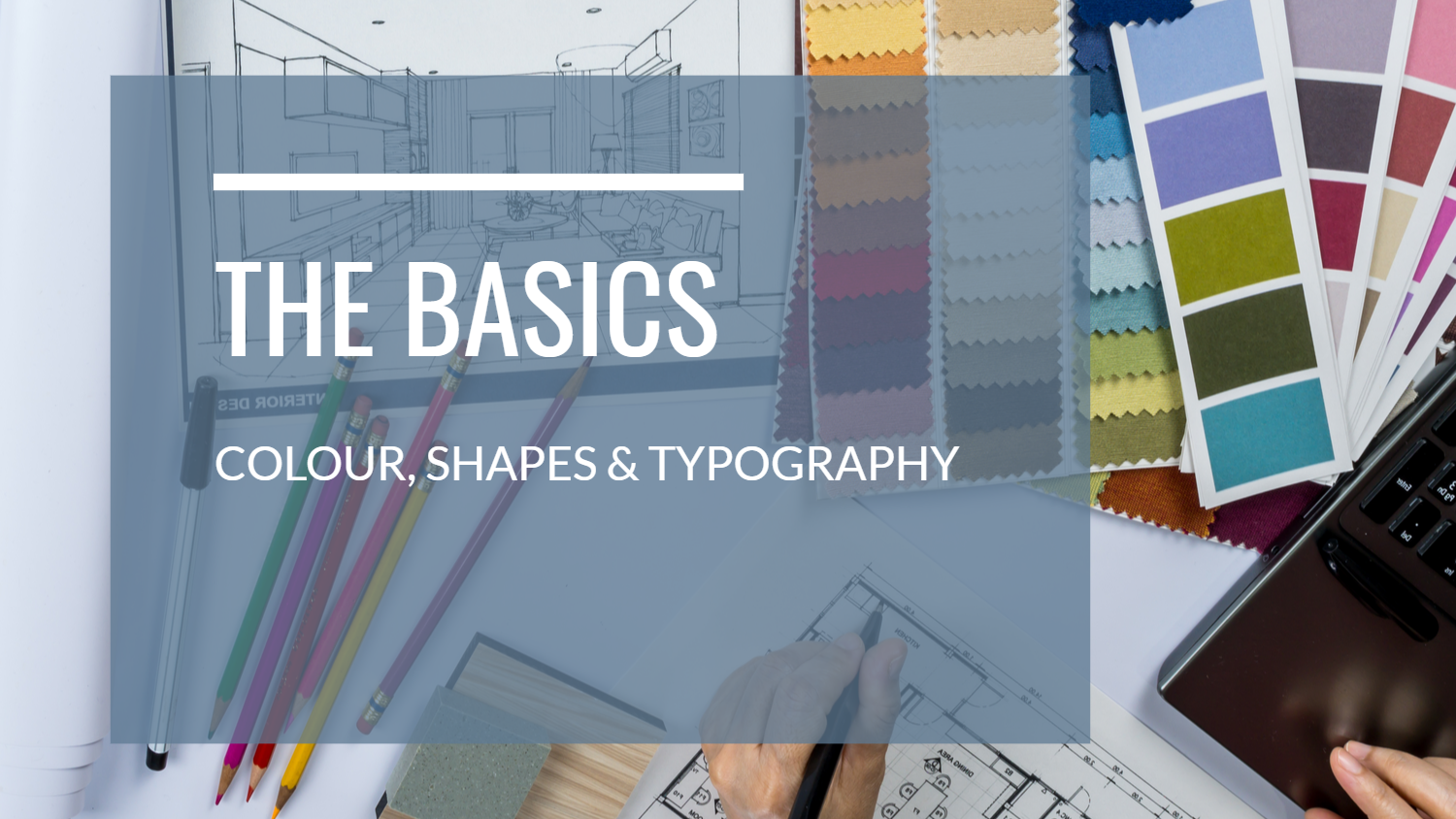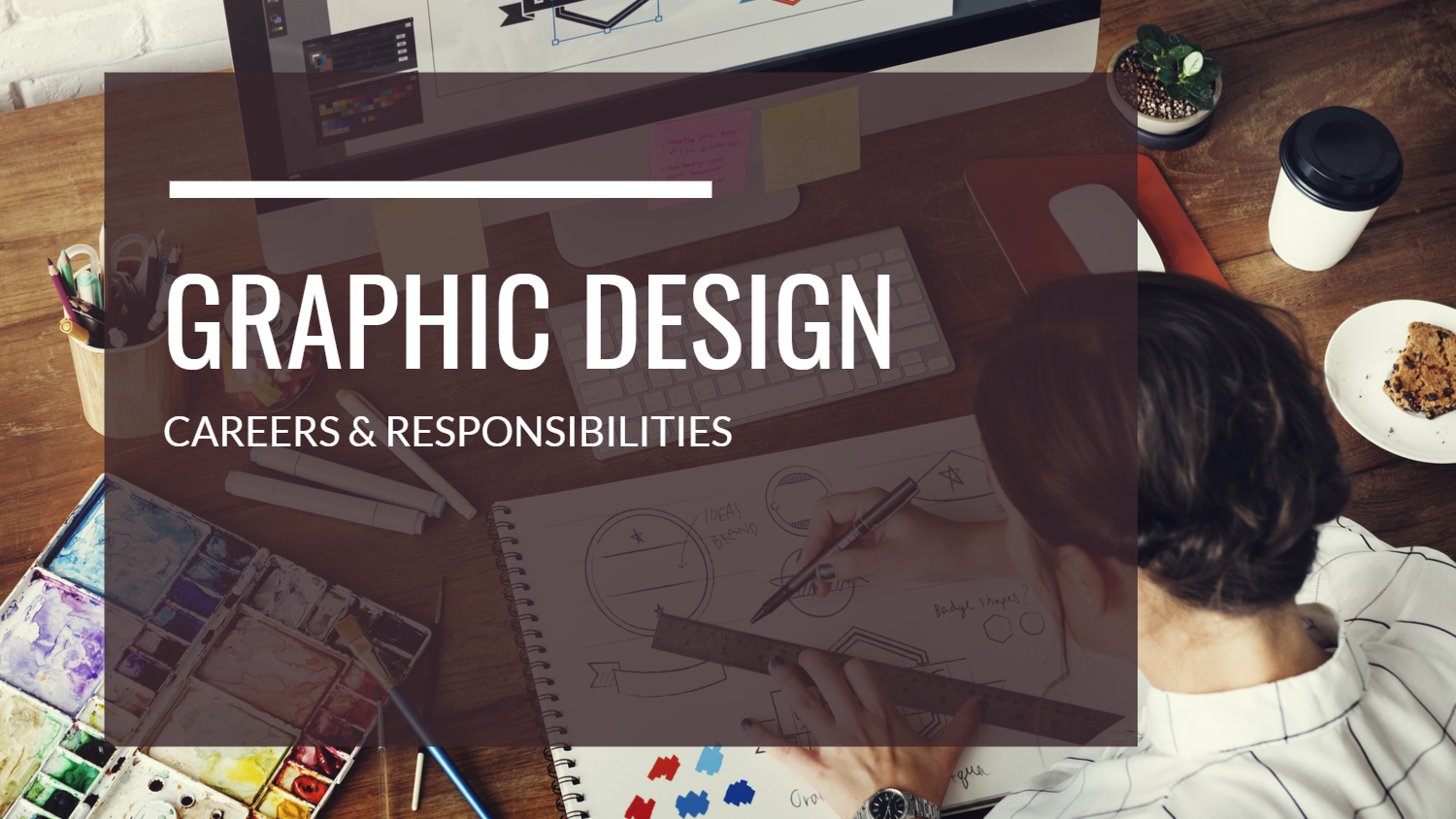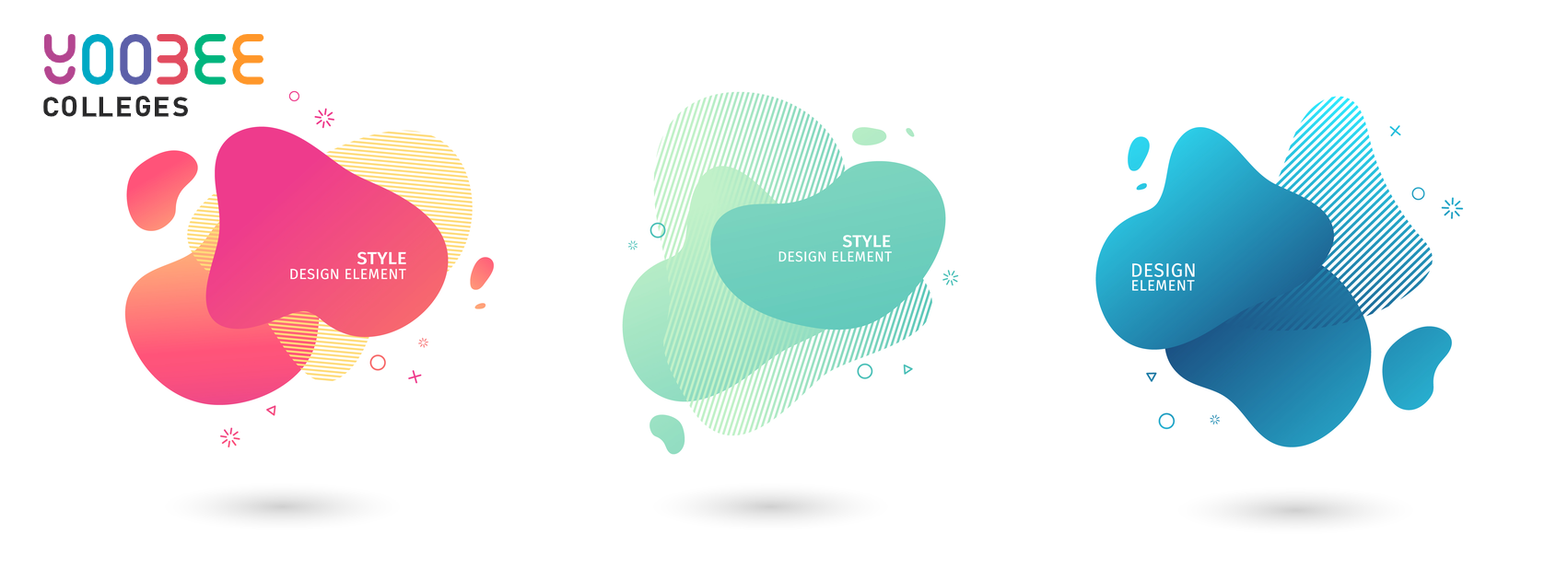Welcome to the Creative Sector, we are excited to help you start your journey to a rewarding career in this industry. The Creative Sector is broad with many career opportunities, this course will focus on the areas of Graphic and Web Design. The skills and knowledge you learn can be used across all areas of the industry.

An understanding of colour, composition and typography is essential within all aspects of the design world. Understanding how these all of these elements work together will ensure you are able to take your first steps in this industry.
Let's start by having a look at colour.
COLOUR
Now let's have a look at how layout and composition impacts design,
LAYOUT
Finally, let's look at the importance of typography.
TYPOGRAPHY

Many different skills are required during the development and maintenance of websites. Some of these skills include User Experience design (UX), User Interface design (UI), web development, content strategy, and Search Engine Optimisation (SEO). Often these skills are spread across teams, with team members specializing in different areas, however, some designers possess skills in all of these areas and are capable of operating alone.
Below are some of the roles and responsibilities of a Web Designer:
- - See the art as a way to leverage technology
- - Have a mutual interaction with their audience
- - More technical (coding, programming, etc.)
- - Apply an engineering approach to their designs
- - Must predict how a design will make its audience feel and react
- - Need to know how to design responsively (mobile, tablet, desktop, etc.)
- - Can develop and enhance their work over a period of time
Some of the roles that exist within the field of Web Design:
- - Full-stack Developer
- - Interaction Designer
- - UI Designer
- - UX Designer
- - Web Designer

Graphic design is the practice of visually communicating, using a variety of elements that usually include one or more of the following:
- - Colour
- - Form
- - Line
- - Shape
- - Size
- - Space
- - Texture
The field is considered a subset of visual communication and communication design, but sometimes the term "graphic design" is used synonymously.
Graphic Designers create and combine symbols, images, and text to form visual representations of ideas and messages. They use typography, visual arts and page layout techniques to create visual compositions.
Below are some of the roles and responsibilities of a Graphic Designer:
- - Put the art first
- - Have a one-way relationship with their audience
- - More artistic (i.e., sketch with a pen and paper)
- - Emphasize visual theory in their designs
- - Must focus on how a design communicates a message to its audience
- - Need to know how each element of a design translates to print
- - Have one shot to get a design right once it's printed
Some of the roles that exist within the field of Graphic Design:
- - Art Director
- - Creative Director
- - Graphic Designer
- - Packaging Designer
- - Product Designer
